Community facilitators are the heart of Creative’s Peacebuilding Project in the Western Highlands of Guatemala. Trained to work with local communities to identify conflict and propose solutions, these men and women are in the field everyday laying the groundwork for the project’s long term objectives and peace initiatives. The facilitators speak indigenous languages, and many of them grew up in the departments where they’re assigned to work. The project relies on their intimate knowledge of a complex land and its people, many of whom are inheriting generations of violence and historical marginalization, to support these communities as they build resilience. With the escalating pressures of climate change and population growth, identifying and addressing sources of conflict, whether they pertain to natural resources or intrafamily violence, are becoming more and more urgent. For many of them, their work is as personal as it is professional.
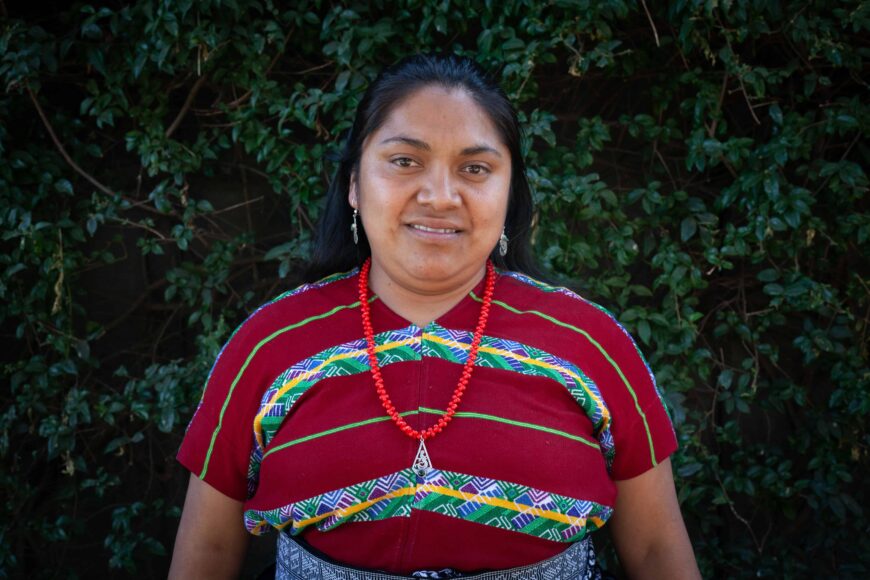
“Our commitment is to reach out to the community and sit down with the people, with the authorities, with women, and learn how to unite all these thoughts in the search for their own development and in the resolution of conflict.”
– Marlitt Aguilón
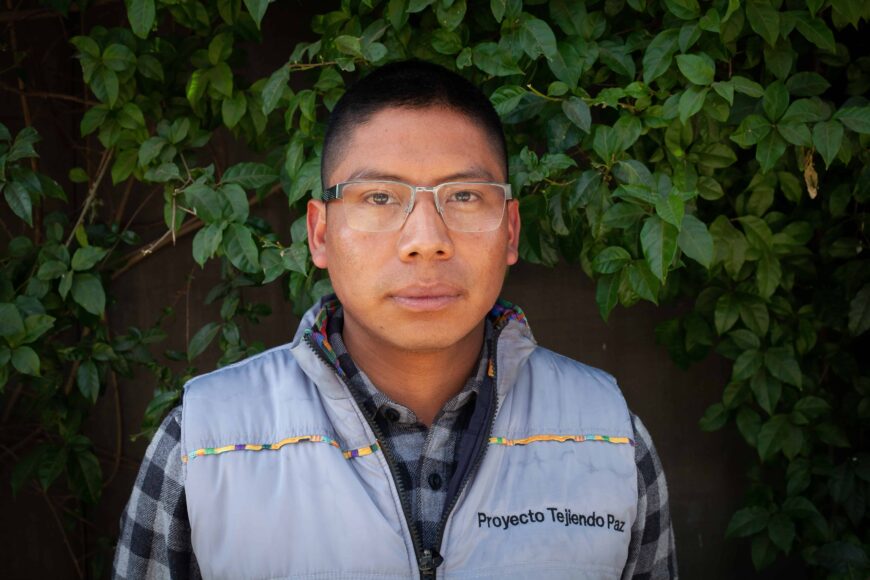
“We break a barrier by speaking the native language… we understand the context and the suffering.”
– Estuardo Aguilón
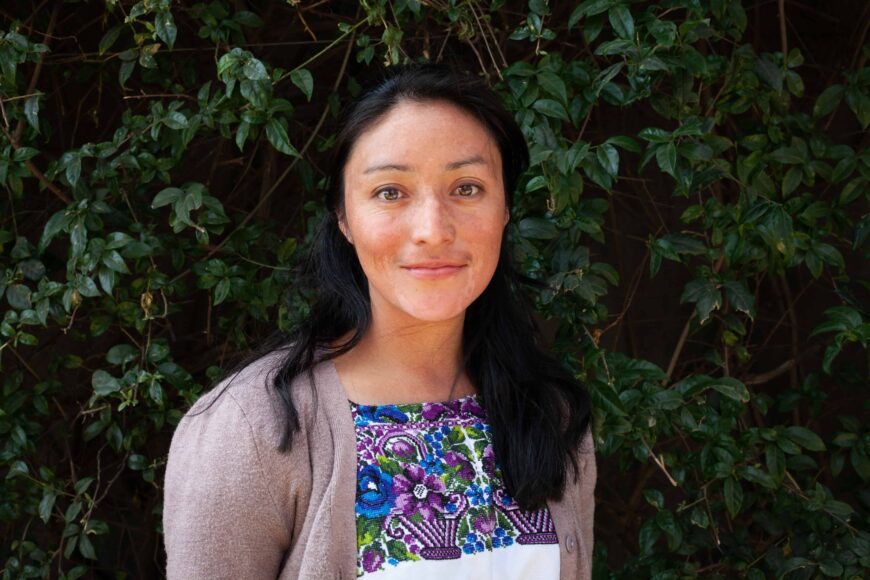
“We want to achieve the objectives stipulated in the project, so that the conflicts we’ve encountered reach solutions. Not just on paper or in words, but we want to put these solutions into practice for positive results.”
–Olga Cutz

“We don’t work with women because it’s in style. No, because it’s urgent, it’s a necessity. There are women living under oppression.”
– María León
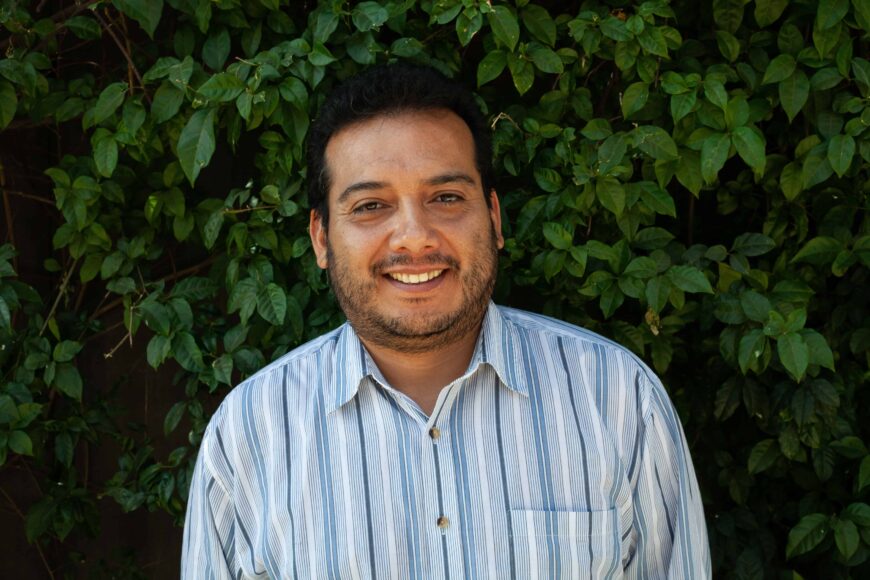
“Huehuetenango was an area badly hit by the conflict. The conflict has already passed, the peace agreements were formed… but the reality of the population has not changed. They remain in the same poverty, continue to suffer from the same mistreatment, underdevelopment and the same marginalization. The worst thing is that they left them a legacy of violence. But we believe we have the opportunity in our hands to change this mentality of violence.”
– Carlos Pinto
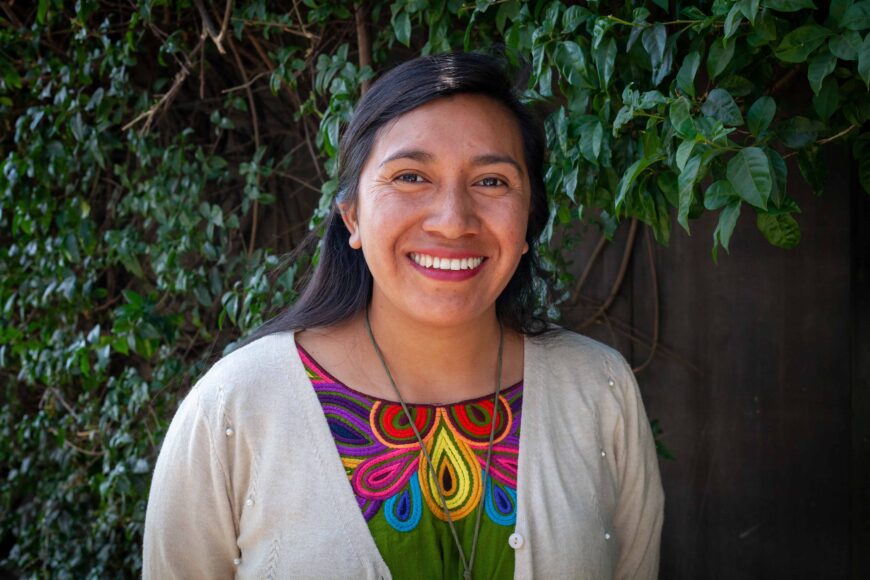
“For me this is important first because I am a young indigenous woman who has had opportunities to work and study, and this has motivated me to bring the same for other women and for other young people… when they see another person of the same age they start to get involved and it becomes motivation for them.”
– Mariela Tax